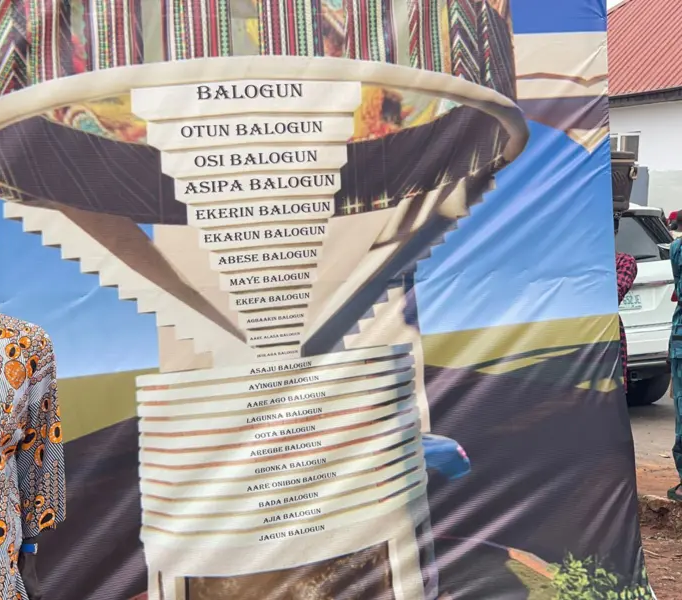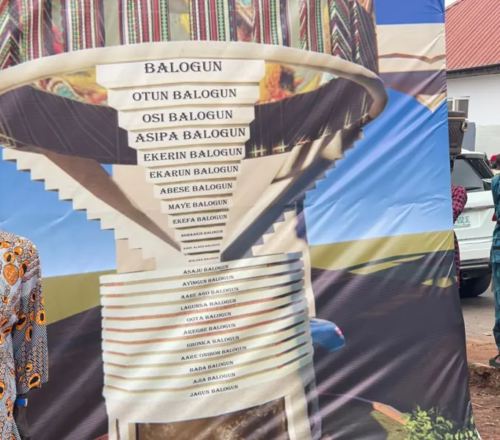
The Unique Traditional System of Ibadan.
Kingship in Ibadan is unique. Ibadan’s traditional monarchy system stands apart from other Yoruba towns and states. Unlike many Yoruba towns that boast royal families with long-standing heritages, Ibadan’s distinctiveness lies in its egalitarian approach to leadership. Every Ibadan man is a potential king.
Ibadan is remarkable for its lack of a royal family or inherited royal lineage. This stands in stark contrast to the established Yoruba cultural norms, where leadership typically descends from royal princes or princesses. Ibadan did not benefit from the arrival of a wandering royal figure to claim its throne unlike most other Yoruba nations.
The Birth of Ibadan
Modern Ibadan evolved as a war camp and refuge for displaced people from Yoruba land, particularly the Oyo Empire. This shaped its unique leadership structure. Following destructive wars, the city became a haven for formidable leaders and warriors committed to building a future in this “land of the free.” This included not only men but also formidable women, like Efunsetan Aniwura who played significant roles in the city’s early development.
This unique situation gave rise to a distinctive leadership structure. Leadership in Ibadan rotated between two principal components: the civilian line, and the military line. The civilian line was composed of elders retired from military service or involved in other endeavours. The military line was composed of men still active in military pursuits. This blend of wisdom from the elders and the vigour of the young brought stability and growth, making Ibadan a natural leader among Yoruba towns.
Titles and Hierarchy
Initially, Ibadan operated without a king. The civilian leaders held the title of Baale, while military leaders retained their military titles; figures like Bashorun Oluyole, Bashorun Ogunmola and Aare Latoosa feature here. This ancient arrangement evolved into the modern system of kingship in Ibadan with a rotation between the Olubadan line (successor of the civilian Baale line) and the Balogun line (successor of the military line).
Upon the death of a monarch, they appoint the new king on a rotational basis from these two lines.

The Otun Olubadan leads the Olubadan line, and the Balogun leads the Balogun line. The old Western Region recognized both as second-class traditional rulers. Others in the Olubadan-in-council are Osi Olubadan, Asipa Olubadan, Ekerin, and Ekarun, as well as Otun Balogun, Osi Balogun, Asipa Balogun, Ekerin, and Ekarun Balogun. The Seriki and the Iyalode are vital members of the Olubadan’s council.
A major drawback
A major complaint about the Ibadan kingship system is that office holders are typically quite old by the time they ascend to the throne. They therefore usually end up spending just a few years on the throne. While this might seem like a drawback, the duties of a king in modern Nigeria are limited and are often best suited for those with considerable life experience.
Ibadan’s unique traditional kingship system is a testament to its rich history and innovative approach to leadership. This system, born out of necessity and shaped by the city’s diverse origins ensured stability and progress. The structured leadership model has thus become a defining feature of Ibadan’s political and cultural identity.



Leave a Reply